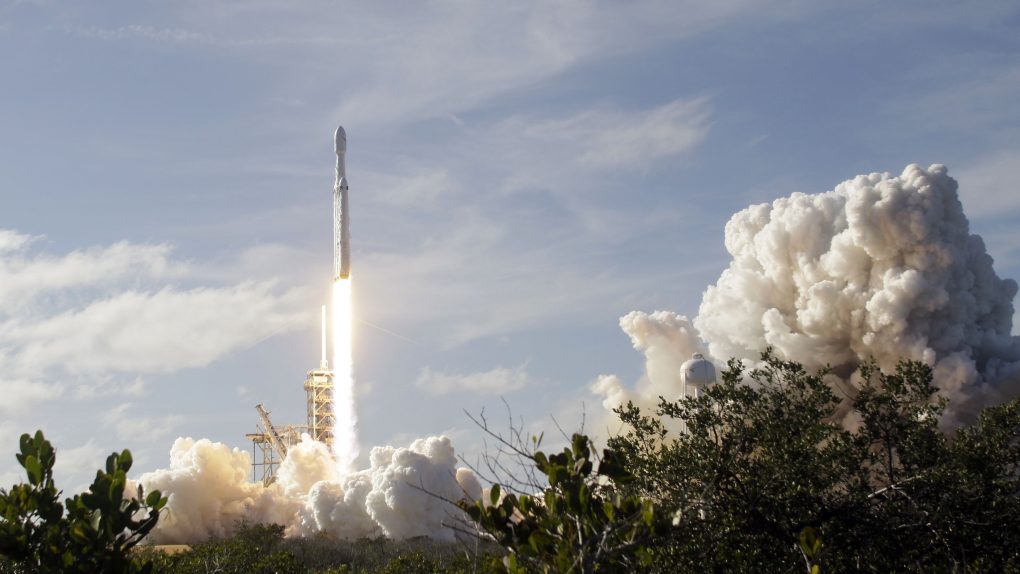- SpaceX, which has proven resilient in the face of the coronavirus pandemic, finally felt the impact after its planned launch of a SAOCOM satellite was delayed.
- The delay comes as Vandenberg Air Force Base is locking down and limiting operations, including rocket launches.
- The launch would have sent a Falcon 9 skyward to deliver a satellite into orbit, but it will now be rescheduled for a later date.
- Visit BGR’s homepage for more stories.
NASA has already had to deal with the impact of the coronavirus pandemic in a number of ways. SpaceX, on the other hand, had remained largely unaffected by the outbreak, but you knew it couldn’t stay that way forever. Now, as TechCrunch reports, the company is facing its first coronavirus-related delay, with the planned launch of a SAOCOM satellite being pushed back indefinitely.
The delay comes as California’s Vandenberg Air Force Base, where the launch was supposed to take place, issues a lockdown to prevent the virus from spreading. There are no confirmed cases of COVID-19 infections on the base right now, but the Air Force is taking a proactive approach here and hoping to keep it that way.
The launch was originally scheduled for March 30th. SpaceX’s Falcon 9 was tasked with shuttling the satellite, which is part of a program for the Argentinian space agency CONAE, into orbit around Earth. Now it seems that launch won’t be happening and it’s unclear exactly when the launch may be rescheduled.
In the meantime, Vandenberg Air Force Base will operate with a reduced staff, only allowing critical employees on-site while mandating a stay-at-home plan for everyone else. The launch of the satellite is not high-priority enough to be considered an essential mission and it will have to wait for an unspecified future launch date.
The coronavirus pandemic has affected every aspect of our lives, and it’s not surprising to see that it eventually caught up with SpaceX. In fact, it’s remarkable that this is the first time SpaceX’s plans have been sidelined by the outbreak, and it’s admirable that the company was still able to launch its Starlink mission as recently as last week.
NASA, on the other hand, has been forced to place all of its centers in the United States on lockdown, with only mission-essential employees allowed access. Everyone else is being told to work from home to the best of their ability while the agency attempts to keep as many of its missions on track as possible.
The Mars 2020 mission is, for the time being, still expected to launch in July, though it’s certainly possible that it could be pushed back before then. The James Webb Space Telescope, on the other hand, will likely face significant delays as work on the project is paused. That project, which has already been delayed many times, will have to wait.








